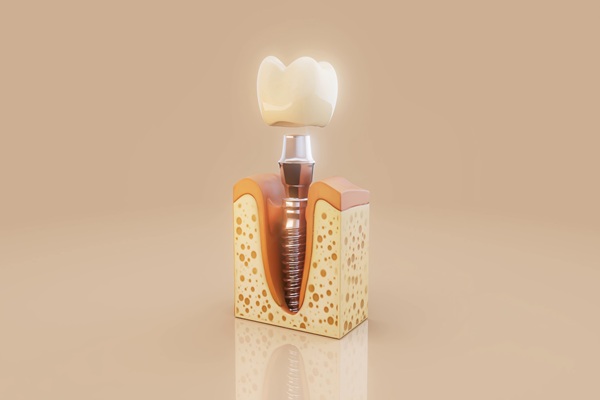Tooth Extractions — When Pulling a Tooth Is Necessary

Tooth extractions refer to the process of removing a tooth from the dental alveolus. Simple extractions are an option when the teeth are visible, and patients usually only require local anesthesia. Surgical extractions occur when the teeth are not visible or easy to access. Find out when extractions are necessary, so you will know if you need to have a tooth pulled.
Severe decay
When decay reaches the pulp of the tooth, it can cause an infection. Dentists recommend root canals or tooth extractions when this issue occurs.
Root canal or extraction?
The treatment method depends on the severity of the infection. If the infection is severe, the dentist might extract the tooth to prevent infection from spreading to other areas of the mouth. If the infection can be contained, the dentist will likely recommend a root canal.
Impacted teeth
If a tooth is impacted, it is unable to erupt fully. This is most common in wisdom teeth, and tooth extractions are usually the right choice.
Why it is important to extract impacted teeth
Some people think that impacted teeth do not cause any harm, so an extraction is not necessary. However, impacted teeth can cause overcrowding and can damage other teeth. Impacted teeth can also lead to infections.
Periodontal disease
As periodontal disease progresses, teeth can become loose. This can make it difficult to eat, and it can cause other teeth to get out of alignment. Tooth extractions are a viable solution to this problem. The dentist extracts the loose tooth and then replaces it with an implant, denture or another option.
Alignment issues
Many people have alignment issues that cannot be fixed due to overcrowding. The teeth need enough room to move into proper alignment, and without that space, orthodontic treatments will not work. That means an extraction might be in order.
How the process works
Dentists examine the mouth to determine how much space is needed. Then, the dentist determines the number of extractions necessary to provide enough room for the teeth to move. Once the teeth are removed, the patient can undergo orthodontic treatment.
Significant trauma
Dentists strive to save teeth whenever possible, but sometimes, the damage is too great. Sports injuries, falls, auto accidents and other forms of trauma can damage teeth to that point. Dentists examine the teeth to determine if they can be saved. If not, an extraction is necessary.
Do you need a tooth extraction?
If you have severe decay, impacted teeth, periodontal disease, alignment issues or have experienced trauma, an extraction might be necessary. Go to a dentist for a full evaluation to determine if this is the right step for you. Your dentist will go over all of your options and help you make a decision. If an extraction is the right choice, your dentist will determine if a simple or surgical extraction is necessary and walk you through the aftercare steps you will need to follow.
Request an appointment here: http://parsonspointedentalcare.com or call Parsons Pointe Dental Care at (770) 538-1203 for an appointment in our Johns Creek office.
Check out what others are saying about our dental services on Yelp: .
Recent Posts
Wondering if a wisdom tooth extraction is a dental procedure you need to undergo? Most people tend to experience their wisdom teeth growing in between the ages of 17 and 24. Most will know that their wisdom teeth are coming in during their latest dental check-up appointment. This is another reason why regular dental check-ups…
Oral issues that require immediate treatment are considered dental emergencies. Such problems can seems to occur at the worst moments possible, forcing someone to take time out of a busy daily schedule to safeguard their dental health and sanity.Most people do not spend much time thinking about dental emergencies until one happens to them. However,…
Having missing teeth can make normal tasks such as eating or speaking difficult, but there are several tooth replacement options available to allow you to restore function and improve the appearance of the mouth. Learn more about what alternatives are available to patients and the potential benefits of each method.Depending on the situation and how…
Dental implants are often used to replace individual teeth but can also offer multiple teeth replacement options. Such options include cantilever bridges, implant-supported bridges and implant-supported partials.Depending upon the condition of the person's gums and jawbone, a single implant can sometimes be placed to support two adjacent teeth. More commonly, multiple implants are used to…


